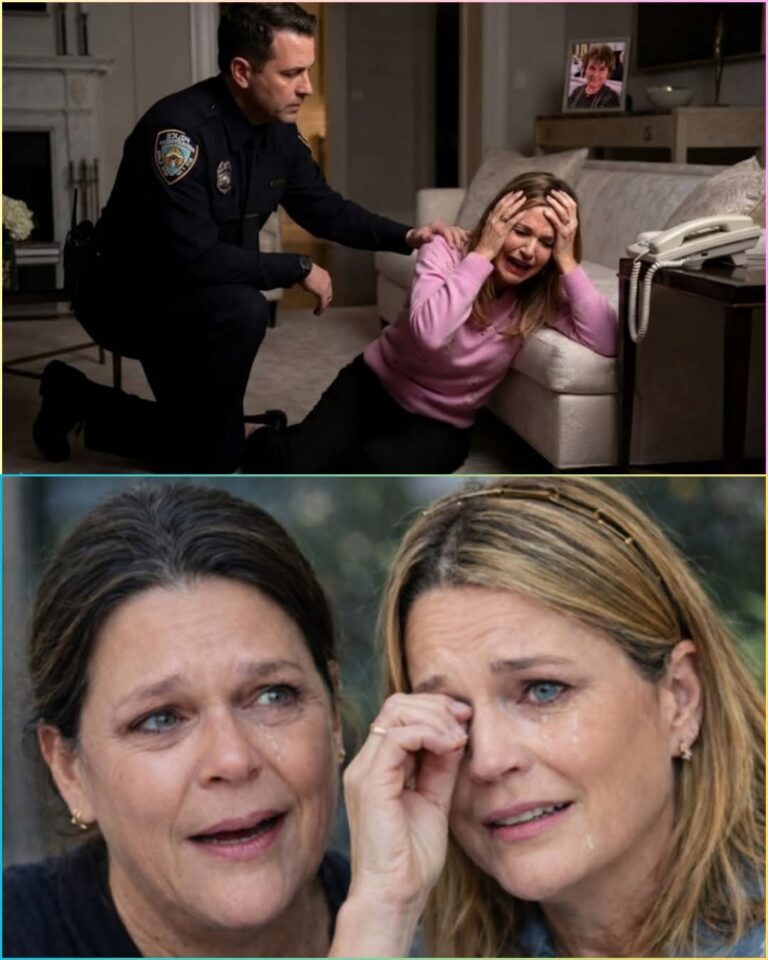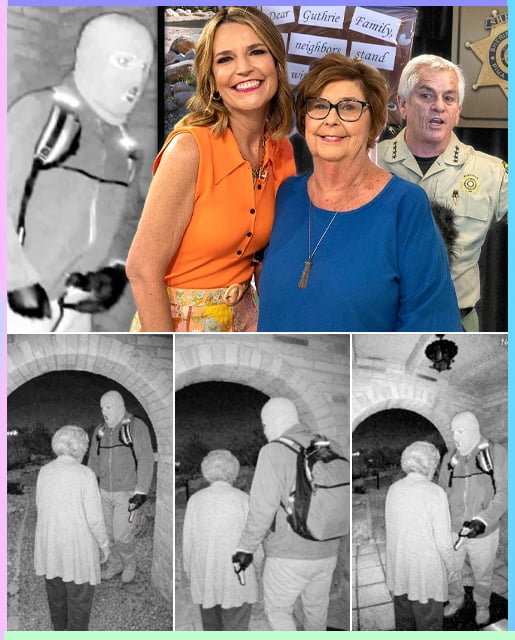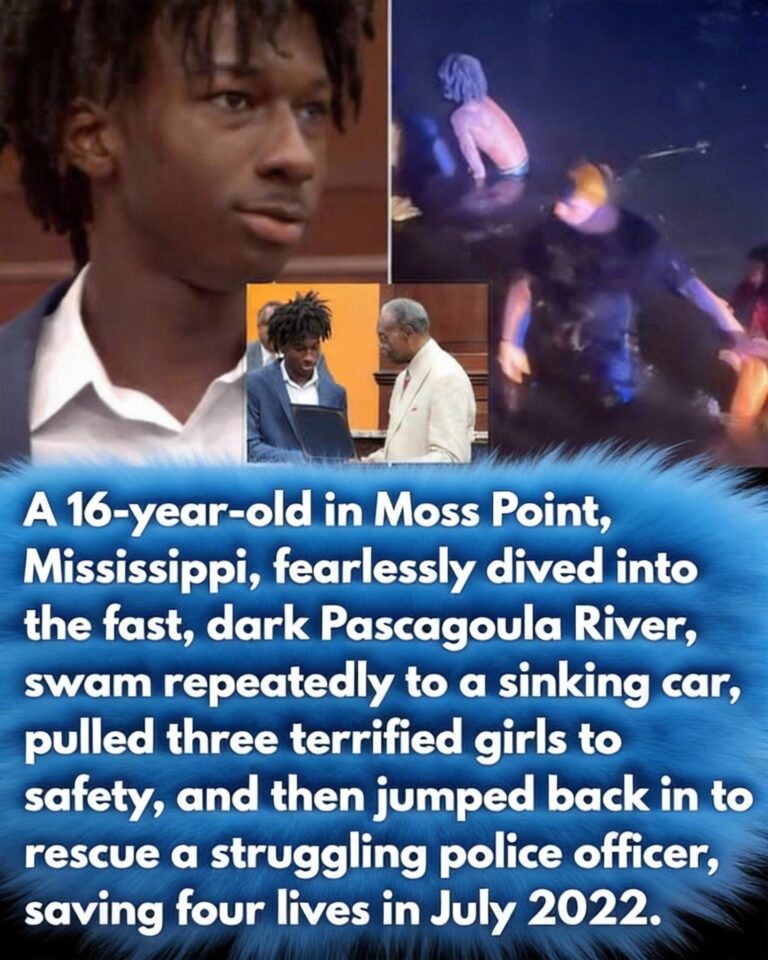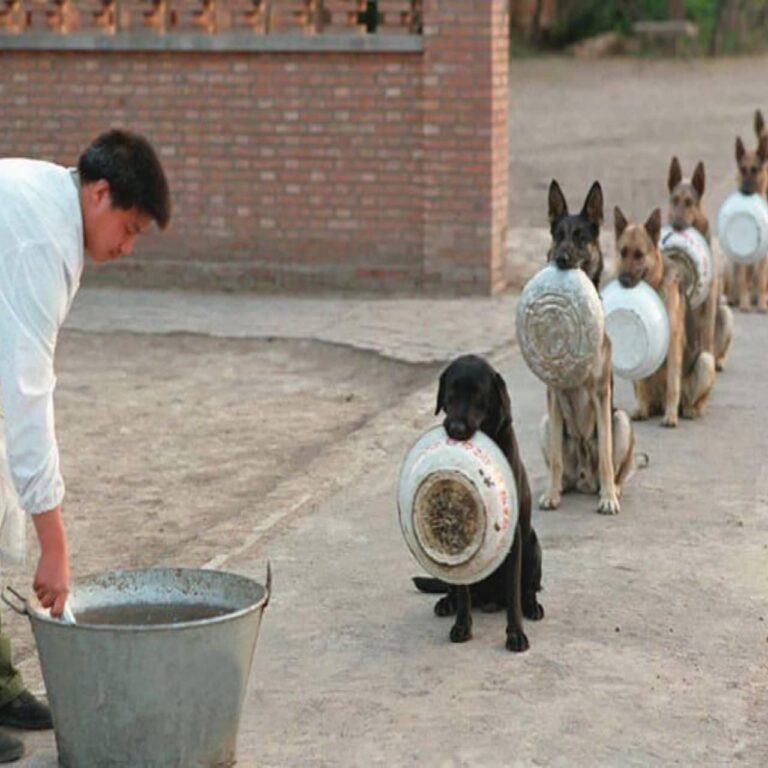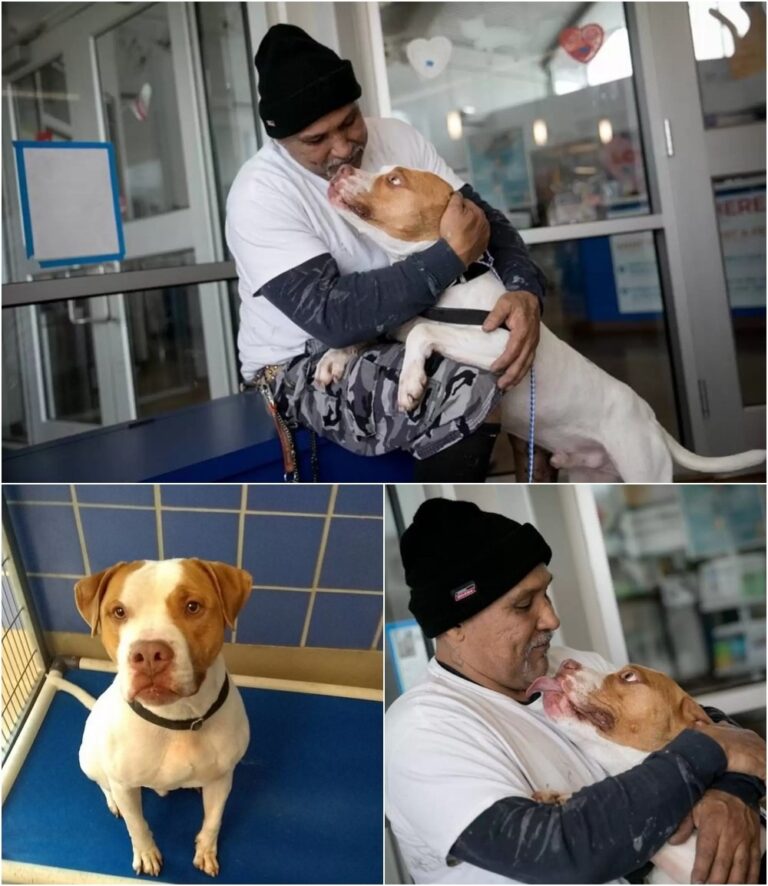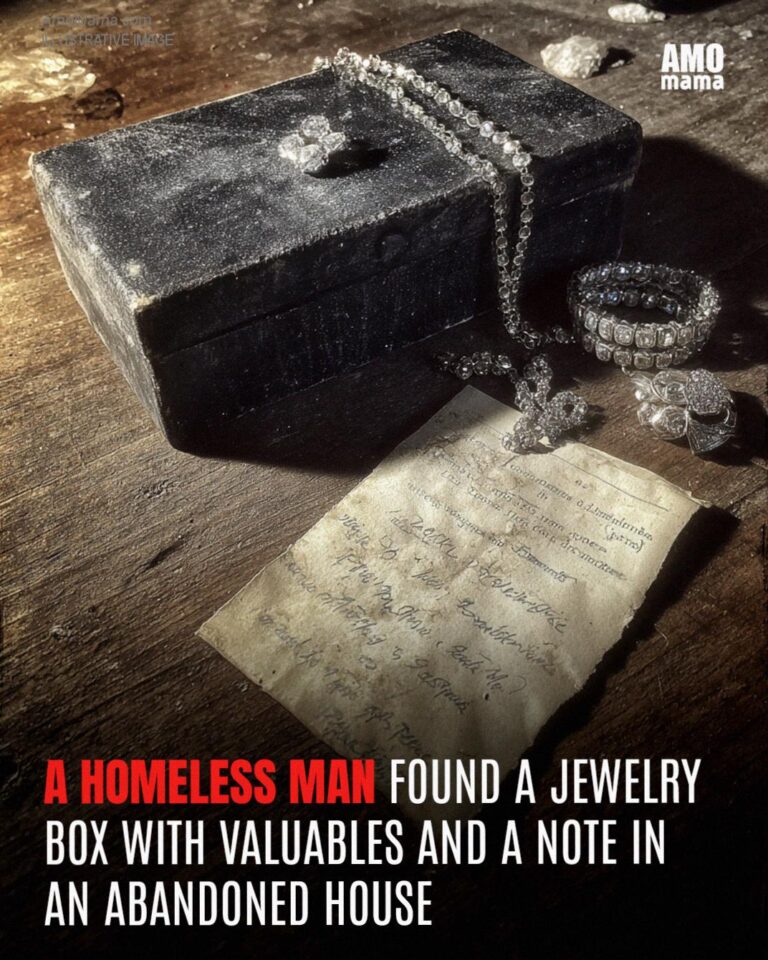The hospital waiting room felt colder that day than it ever had before. Maybe it was the air conditioning, or maybe it was the weight of what the doctors had just told me. I sat there holding my seven-year-old son, Liam, his body small and fragile in my arms. His breathing was soft, almost fragile, and his head rested against my chest like it had done so many times during his two-year fight with leukemia.
For months, I had watched him battle through treatments that would break most adults. I had watched him lose his hair, lose his strength, lose pieces of his childhood. But what amazed me most was that he never lost his softness. He never lost that gentle smile that seemed to lift everyone around him.
The doctors spoke in calm, controlled voices. They used phrases like “comfort care” and “end-of-life plan,” trying to soften the blow. But nothing could soften it enough. Their faces said everything before their words even reached my ears. Liam’s body was tired. Too tired. They told me it was time to take him home. Time to let him rest.
Hearing those words was like having the world ripped out from under me. I tried to breathe, tried to steady myself, but everything inside me felt like it was collapsing. Still, through all of this, Liam remained calm. He looked at me with those wise, gentle eyes as if reassuring me that it was okay.
As we waited to sign the discharge papers, I just held him. His weight felt different that day — lighter, as if part of him was already slipping away. I wanted to hold him forever, to somehow pause time, but time didn’t care about what I wanted.
Then something unexpected happened. Liam lifted his head and looked across the room. His eyes stopped on a large man sitting alone in the corner — a biker. He wore a black leather vest covered in patches. Tattoos covered both arms. His beard was thick, his boots heavy, and his expression unreadable. He looked like someone who belonged on the open road, not in a pediatric ward.
